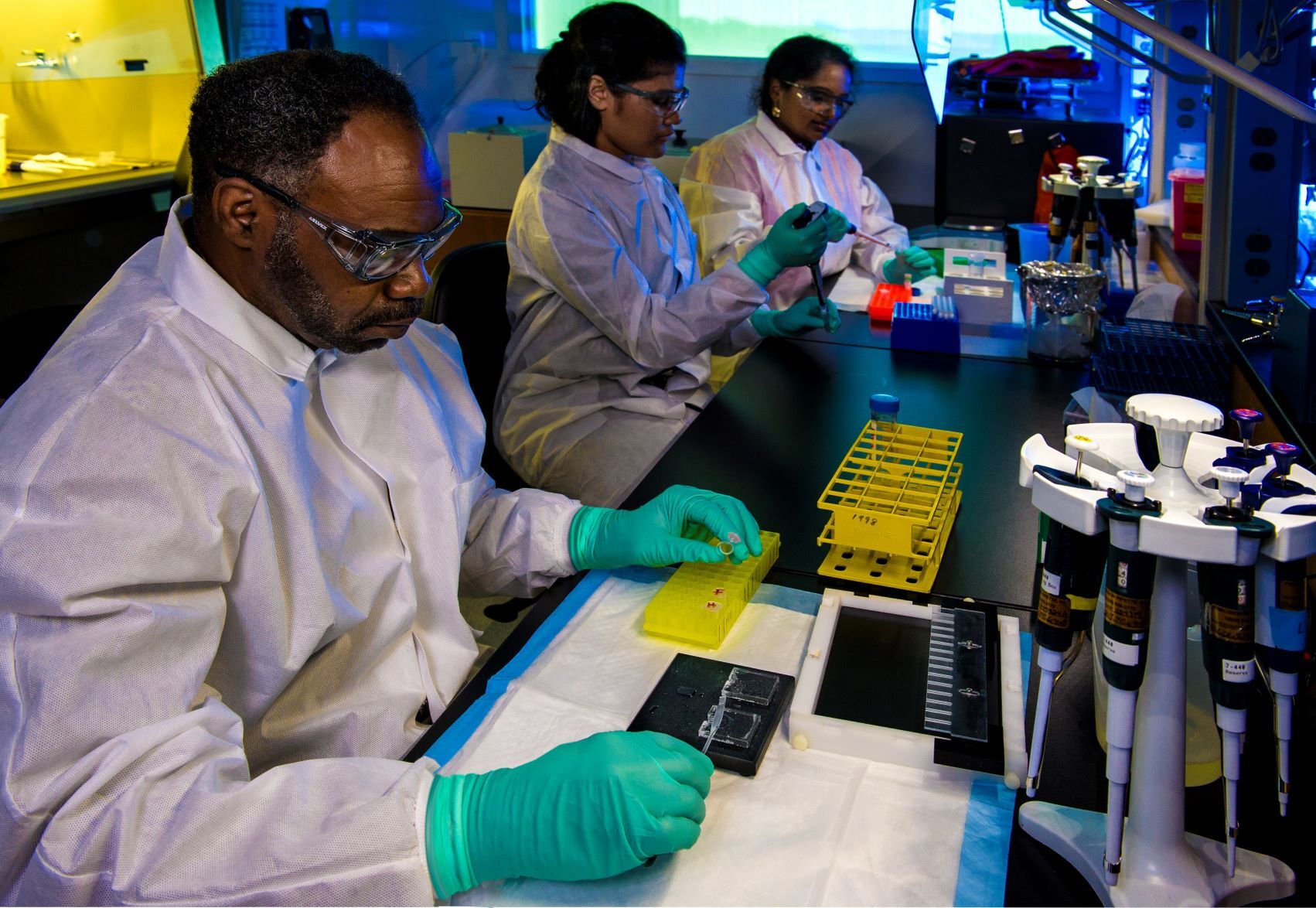Breaking the English Language Barrier in Scientific Research
Wordvice reporter Andrew Kim explains how non-native English speakers can overcome common mistakes when writing research texts.
Science is the universal language of discovery, ideas, and improvements across time and distance. However, science itself uses a universal language, and not everyone is on an even playing field when it comes to receiving recognition for their contributions. The reality is that practically any important scientific report will be published in English.
The Nature of Science Publishing
In research, success is largely based on the number and impact of one’s publications. Poor writing can be an obstacle or an outright deal-breaker in getting published. An article must pass through numerous filters, including editorial and peer review. While the editorial process primarily focuses on an article’s scientific value, journals do have writing quality standards. Bad writing can derail an article’s sense of authority and sometimes its entire message. In the highly competitive world of publishing, one detraction is a risk most journals refuse to accept.
English as the “Universal” Language
For historical, sociopolitical, or business reasons, English has become the lingua franca of science and academia. The obvious advantage of having a “universal” language for communications is that academic findings can be more easily shared, accessed, and understood. In support of this, Raoul Kamadjeu writes, “Publishing in English…far outweighs the challenges…Our journal’s statistics show that articles in English are accessed 70% more…”
So why not publish independently or choose a journal in another language? While a noble sentiment, scientists still have jobs and careers to pursue. And publishing in an international, high impact, peer-reviewed English-language journal holds the key to a researcher’s career, professorships, funding, and prestige.
Journals are publishers first and purveyors of academic knowledge second. In other words, they serve a de facto marketing function for researchers and ensure the research is branded as viable and reliable. Further, aspiring professors heavily rely on the citation system to further their careers and gain funding. Citations demonstrate that a researcher is contributing something novel to the academic community. In short, publishing research in journals written in English is crucial for reaching a global audience.
ESL Researchers at a Disadvantage
The fact that only 5% of the world’s population speaks English as a native language poses a huge problem for many researchers. Like it or not, virtually every major scientific discovery will be published in English, which means 95% of the world is at a disadvantage. Competition is fierce, and not being fluent in English is a hindrance. This affects non-native English-speaking scientists in two main ways.
Differences in Language
Science journal articles are no cakewalk to read and are even harder to write. Each academic field is contains significant amounts of jargon, and potential language pitfalls abound. A 2016 audit by the academic editing service Wordvice found that while English errors such as spelling, grammar, and punctuation were numerous (44% cumulatively), most corrections (32%) were for “style,” including issues of wordiness, repetition, and overreliance on passive voice.
Language challenges faced by ESL researchers clearly go far beyond simple word choice or grammar rules and therefore are not easily remedied.
Differences in Cultural Expectations
The cultural and philosophical issues faced by ESL researchers can be even worse than the language ones. Written academic English has the expectation of being very direct and concise. This stands in contrast to Asian languages such as Korean, Japanese, or Chinese, the latter of which relies heavily on indirect communication. Coincidentally, these Asian powerhouses are hugely represented in STEM, with Asians constituting the highest percentage (33%) of STEM bachelor graduates and the highest proportion (64%) of international students at US universities. The potential gap in cultural expectations among future scientists cannot be ignored.
Once submitted to journals, researchers’ manuscripts undergo a thorough editorial process that involves correspondence with the journal’s editors. These types of communications must be carried out in English and require a dynamic, non-scripted, interpersonal command of English. Of particular importance is responding to reviewers’ comments and criticism and writing submission cover letters in an effective and polite manner.
How ESL Researchers Can Even the Playing Field
When the entire publication process—from journal submission instructions to answering reviewers’ comments, requires a strong understanding of both English and a different culture—the path can seem daunting and often unrewarding. In many cases, manuscripts are rejected outright based on a simple writing or submission error. So it is no surprise that many will wonder if their would have gotten a different result had it been written by a native speaker.
Fortunately, non-native English speakers are not alone. Universities are increasingly setting up on-campus writing centers to assist international graduate students and postdocs who do research. Graduate students commonly seek help from their English-speaking lab mates. More inexperienced academics are advised to seek out examples from researchers in their field while avoiding reliance on spell-checkers or automated translation tools. While useful, no existing AI tool can detect all types of errors and no applications are suitable for real-time proofreading of technical work.
However, many researchers do not have English-speaking colleagues to turn to, or not enough time to ask. Therefore, many researchers and graduate students are turning to professional English language editing services.
These types of companies usually offer a mix of both language and scientific editing, with services covering everything in the publication process, from journal selection to reviewer responses. The process can seem overwhelming, and even the technical differences between “editing” and “proofreading” are not obvious.
Regardless of whether ESL researchers seek help from their colleagues, professors, tutors, or professional academic editing services, they still face challenges in publishing their articles. Fortunately, academic researchers, like the information they are reporting, are not going anywhere.


